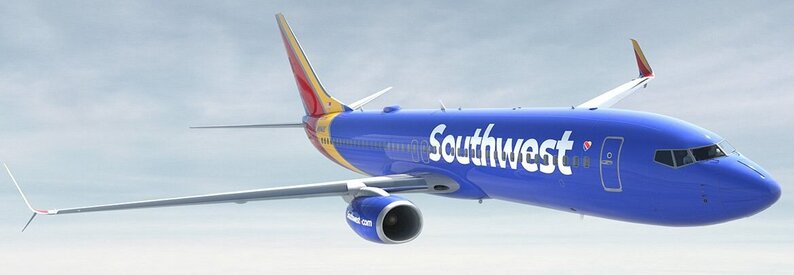Southwest Airlines Drops Fuel Hedging Policy to Cut Costs

Southwest Airlines has announced it is discontinuing its fuel hedging policy, marking a significant move to reduce costs as the airline adjusts to volatile fuel prices. The decision to drop fuel hedging, a strategy the carrier had employed for decades, comes as Southwest finds the practice no longer economically viable due to recent instability in jet fuel prices.
Fuel hedging is essentially a strategy where airlines buy fuel in advance at a fixed rate for a set period. This helps protect against rising fuel prices, but when prices fall, the airline ends up paying more than the market rate. Although it offers a safety net against fuel price spikes, the strategy has proven costly for Southwest in recent years, with aviation analysts pointing out the increasing difficulty of predicting fuel price fluctuations.
Southwest’s Chief Executive Officer, Bob Jordan, explained the company’s position during a March 2025 investor conference, saying that the fuel hedging policy had not been beneficial for most of the past decade. “With the exception of a couple of positive years, it’s not been beneficial to the company for the past 10 to 15 years,” Jordan said. The airline also noted that fuel hedging premiums had grown more expensive, making the policy harder to sustain.
This policy shift is part of a broader effort by Southwest to streamline its operations and cut costs amid increasing competition in the U.S. market and declining demand for air travel. Over the past year, the airline has also made other controversial changes, such as eliminating its free seating policy and charging for one checked bag, both of which had been central to its reputation as a low-cost, customer-friendly carrier.
Southwest’s move follows a broader trend in the industry, with major U.S. airlines like Delta Air Lines, American Airlines, and United Airlines discontinuing their fuel hedging policies years ago. These carriers, leveraging their larger size and purchasing power, have been able to negotiate better fuel prices directly with suppliers. Similarly, U.S. low-cost carriers like JetBlue and Frontier Airlines have also exited the fuel hedging space.
In 2024, Southwest paid $157 million in fuel hedging premiums, a 30% increase over the previous year. As of the end of 2024, the airline had hedged up to 47% of its expected fuel needs for 2025. However, the company remains committed to existing fuel contracts until 2027.
Tom Doxey, Southwest’s Chief Financial Officer, emphasized that the end of the fuel hedging policy would lead to significant savings in premium costs moving forward. “The discontinuation of our fuel hedging program is another step along our path to transforming our business,” Doxey said. Going forward, Southwest plans to manage fuel price fluctuations through adjustments to its fleet and capacity plans, ensuring flexibility in a changing market.
Related News : https://suspicious-zhukovsky.67-21-117-18.plesk.page/?s=Southwest+Airlines
